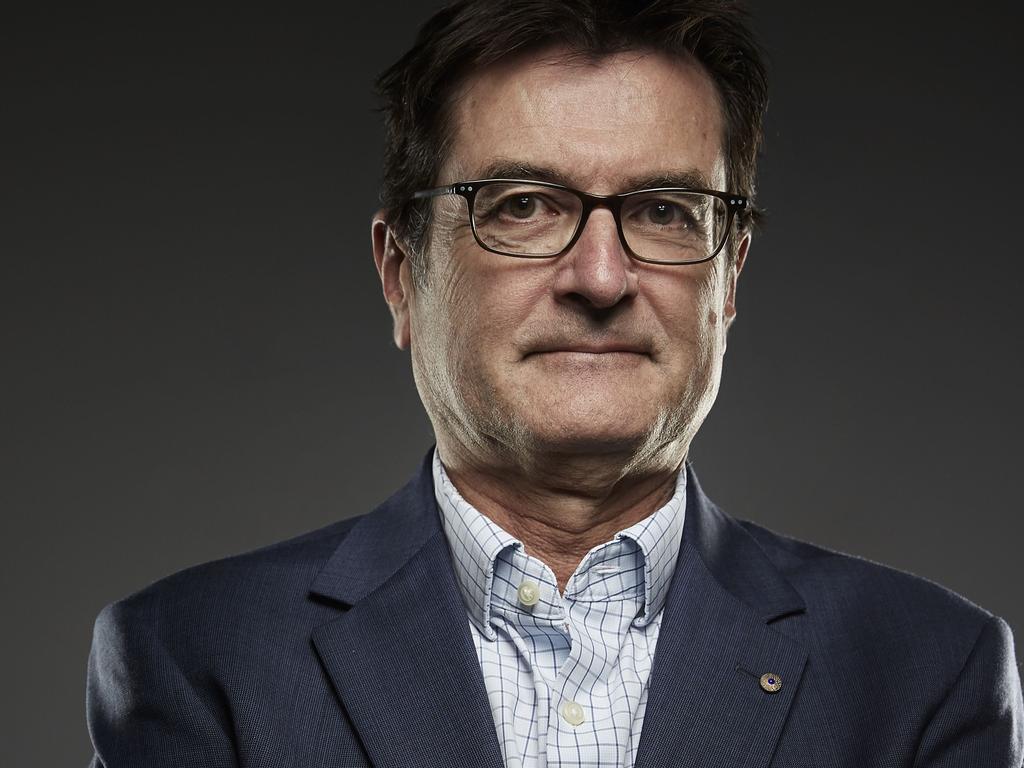Greater superannuation contributions will mean fewer jobs

I note the same old faces have come out demanding that superannuation contributions from workers increases from 9.5 per cent to 12.5 per cent and that increase is paid for by employers.
They are saying that even though more sensible and better placed organisations such as the Reserve Bank have said it would have a negative impact on jobs and businesses. Even though we are in the greatest economic crisis of our time. Even though it isn’t January 2020 when
life was good and times were buoyant.
There are still real people who believe the future can be managed by consulting the entrails of economic textbooks.
There are still real people who do not understand that a rise in superannuation is actually a pay rise.
There is a simple, easy way small and medium business folk and family business folk work out how many people they can employ – they use a spreadsheet or a calculator. Many of course use an accountant or a bookkeeper who then uses a spreadsheet or a calculator to work out how many people an employer can employ. Simple. It’s mathematics.
So we come to superannuation. Increasing superannuation will decrease jobs.
A rise of 2.5 per cent in superannuation is (using the average Australian wage of $83,517) equal to $20.8b or 250,000 jobs.
A rise in superannuation is a pay rise. It is money that the employer needs to find to include in a person’s salary package.
Then it gets worse. The employee, the worker, will not see that pay rise until they retire.
So, all employees in Australia will need to, between them, find an additional $20.8b to pay the increase if it happens.
Normally a pay rise is covered through price rises as the consumer has, in theory, more money to spend due to the pay rise.
But, however, the worker – (the consumer) – will not see that pay rise until they retire. They will not have more money today, in the bank.
Now the big question. If businesses cannot find the additional $20.8b to fund the increase what can they do?
Firstly, they can just take a loss. Small and medium business people, family business people, can cut their profits (their wages) and live more austerely for a few years and have no superannuation so that employees can have a better retirement. Does that seem somewhat unfair and destructive?
Also, (some people seem not to have noticed) we are in the greatest economic crisis of our time. So, many businesses already have huge cuts in turnover and many are presently not profitable. They will not be able to find the additional funds for the pay (superannuation) rise. We already have unemployment at 13 per cent. We have a problem we want to fix not make worse.
The choices are obvious for the small medium business people: cut profit (if there is any); and/or cut the hours of workers; and/or retrench workers; or close the business; or give up and go onto JobSeeker.
There are other things in play that further misinforms opinion.
Our so-called expert advice on superannuation is increasingly becoming out of touch with reality and in touch with the needs of vested interests such as superannuation funds and some unions and industry associations.
The next question that needs to be asked about superannuation is “is it better to have fewer people employed but on 12.5 per cent superannuation with more people unemployed; or more people employed on 9.5 per cent superannuation with fewer people unemployed?”
Do those calling for a rise in superannuation understand that if a person doesn’t have a job they don’t pay superannuation? If superannuation is increased there will be another 250,000 people not paying superannuation because they don’t have a job. That isn’t a good outcome.
The argument is that welfare will increase in the future through higher pensions as people will have less superannuation. If there are more unemployed now then we will have an increase in welfare now and into the future and there will be more people without superannuation.
Then there is the terrifying thought that if we head from a recession into a depression that some superannuation funds may fail. That personal assets held by super funds may go into decline. Managing the future is about managing the here and now.
Let’s use modern devices like calculators and spreadsheets for business planning and not out-of-date and out-of-time solutions based on yesterday’s economy and on hearsay and heresy.
Peter Strong is CEO of the Council of Small Business Australia.






Some people think it is January 2020 and we don’t have a crisis and won’t have one.